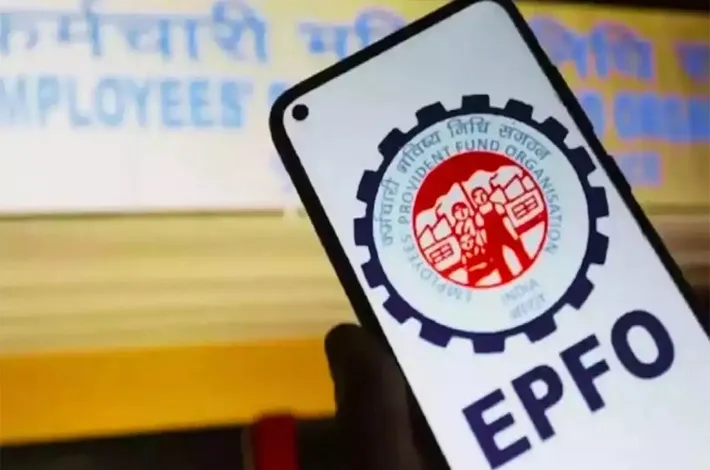Revival on the lines: AP Fibernet set for major overhaul after years of neglect
17-05-2025 12:00:00 AM

Rs 1,900 crore revival blueprint
■ AP Fibernet aimed to provide affordable internet, cable TV, and landline services to every corner of the state
■ AP government drawn up an ambitious Rs 1,900 crore revival blueprint, seeking to modernize infrastructure, privatize operations, and expand service coverage
■ New coalition government decided to restructure the network through privatization
■ The state already laid 81,000 km of optical fiber cable under the BBNL project
■ Previous YSRCP government diverted Rs 450 crore in Central funds allocated for Fibernet towards other expenditures
■ Current government has ordered a Vigilance and CID investigation
Metro India News | AMARAVATI
In a decisive move to revive the collapsing AP Fibernet services, the Andhra Pradesh government has unveiled a massive restructuring plan aimed at restoring the project to its former glory. Once hailed as a revolutionary digital initiative under former Chief Minister N. Chandrababu Naidu, AP Fibernet is now at a crossroads, with both its survival and future hanging in the balance.
The government has drawn up an ambitious Rs.1,900 crore revival blueprint, seeking to modernize infrastructure, privatize operations, and expand service coverage to 50 lakh households by 2029 — a bold leap from the current user base of just 4.5 lakh.
Launched in 2016 by the then Telugu Desam Party (TDP) government, AP Fibernet aimed to provide affordable internet, cable TV, and landline services to every corner of the state. The introductory plan, priced at Rs.149, made digital connectivity accessible even in rural areas. At its peak, the project boasted over 9 lakh connections and was considered a model for digital inclusion.
However, during the YSRCP regime, the momentum slowed drastically. Service quality dropped, management inefficiencies crept in, and the number of users was halved. In recent months, technical failures have become frequent, and 25,000 users reportedly discontinued services in just the last two weeks.
At the heart of the problem lies a fragile and under-resourced operational model. Officials say the AP Fibernet company, which is managing the entire network, now has just 300 staff left—woefully insufficient for a system serving lakhs. When issues arise, there's no immediate response, leaving users frustrated and disconnected.
“The signal from the NVC (Network Video Center) was down for two hours. Broadcasting stopped across the state. No one from the department even responded,” alleged Sitaramaiah, Chairman of the Joint Action Committee (JAC) of Cable Operators. The JAC has warned that if urgent steps aren't taken, over 6,500 cable operators across the state risk losing their livelihoods.
Recognizing the urgent need for reform, the new coalition government has decided to restructure the network through privatization. The model being adopted is the EPC (Engineering, Procurement, and Construction) system, under which private agencies will manage the cable infrastructure and technical services.
“Services will be managed more efficiently via a centralized Network Operation Center (NOC) in Visakhapatnam, which will relay signals to district, mandal, and village-level hubs. Special priority will be given to schools, panchayats, and government offices, reflecting the administration’s intent to integrate Fibernet into the backbone of public service delivery,” said K Dinesh Kumar, MD of APSFL.
The financial woes of AP Fibernet are not new. The state had already laid 81,000 km of optical fiber cable under the Bharat Broadband Network Limited (BBNL) project. The Centre and State share maintenance costs in a 60:40 ratio. However, allegations have surfaced that the previous YSRCP government diverted Rs.450 crore in Central funds allocated for Fibernet towards other expenditures.
Amid growing concerns over irregularities in the earlier phases of the project, the current government has ordered a Vigilance and CID investigation. Sources say multiple violations have already come to light, with 908 employees terminated in stages due to alleged misconduct and mismanagement during the YSRCP tenure. “There was no accountability, no oversight. What was once a people-centric digital revolution was reduced to a neglected utility,” said a senior official familiar with the probe.
Despite the troubled past, digital policy experts say the new revival plan offers hope. If implemented properly, and if monitoring and service delivery are improved, AP Fibernet could emerge as a national model for affordable digital connectivity. As the government pushes forward, the success of this rebooted vision will depend not just on investments, but on accountability, responsiveness, and the ability to rebuild public trust. For now, the wires are buzzing with possibility.








